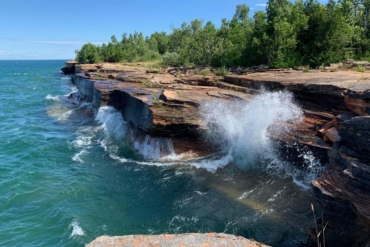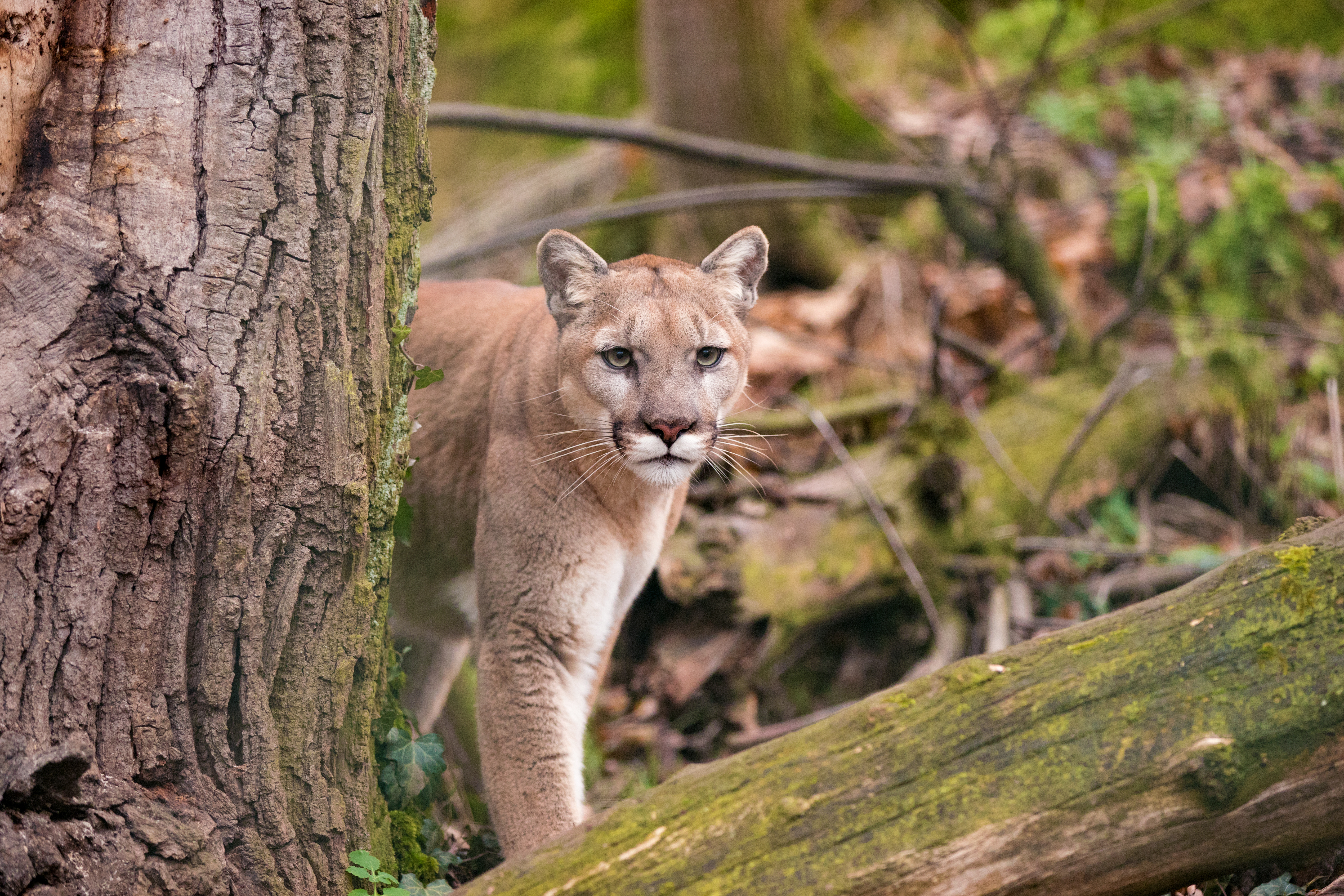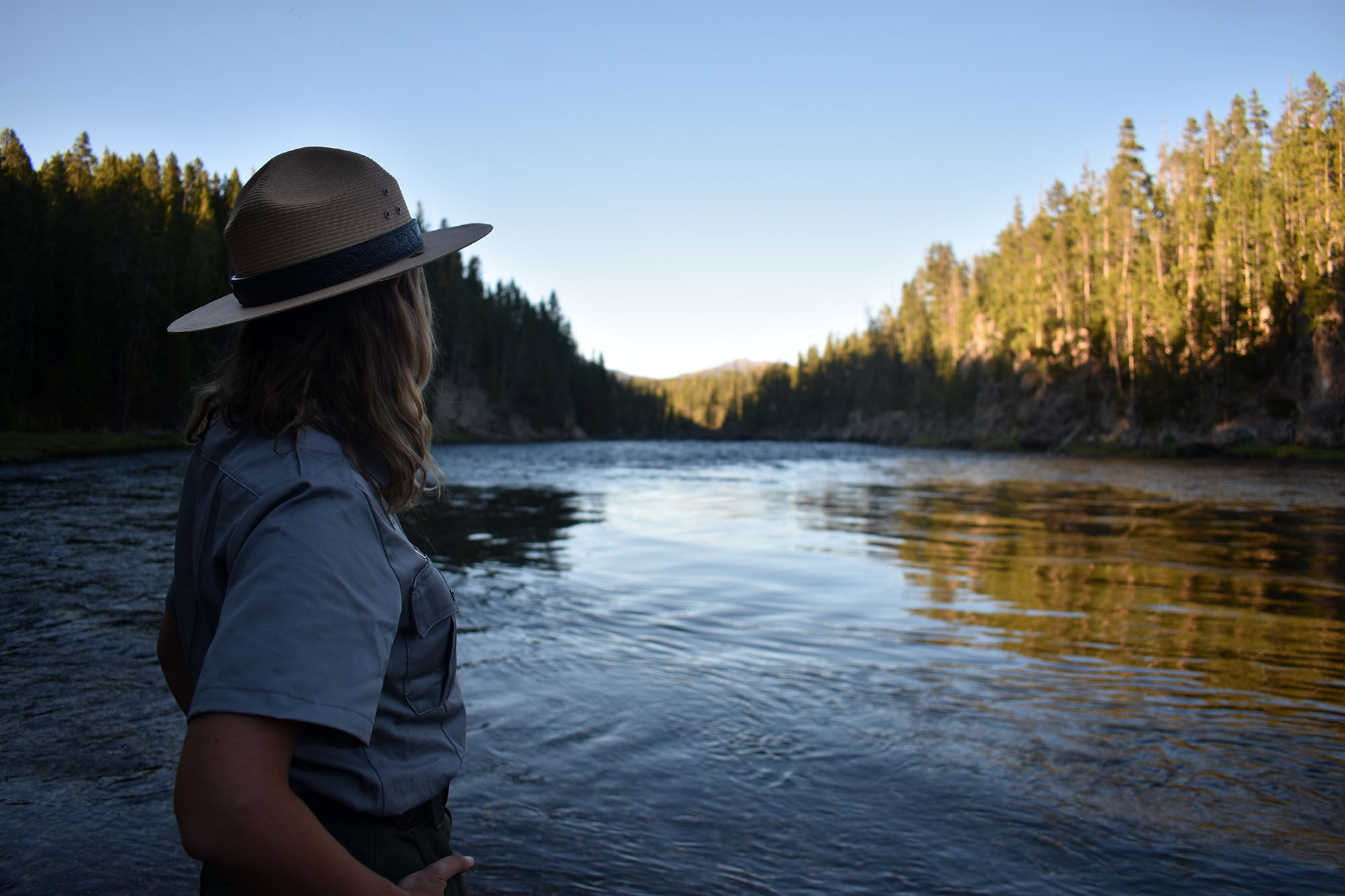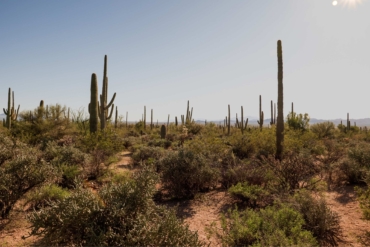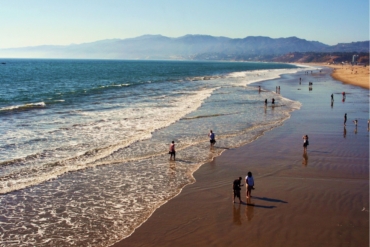
As Independence Day approaches, let’s take a moment to celebrate our nation’s natural wonders. In this country we have the freedom to explore approximately 618 million acres of publicly owned federal lands, from the tundra of Alaska’s Arctic National Wildlife Refuge to the cliffs of the newly-created Sleeping Bear Dunes Wilderness on Lake Michigan and the lush canopies of Puerto Rico’s El Yunque National Forest, the only tropical rain forest in the U.S. National Forest System.
But these special places didn’t gain protection on their own. Federal designation of these natural and cultural landscapes resulted from years of hard work, collaboration and vigilance by local communities. From the California Redwoods to the Rocky Mountain West’s iconic rugged wild areas and on to the Florida Everglades, these places continue to unite Americans around the belief that our common heritage is well worth preserving.
Right now on Capitol Hill, more than two-dozen homegrown wilderness bills await passage by the House and Senate. These bills are the products of decades of work by local citizens to protect the Boulder-White Clouds of Idaho, alpine lakes in Washington, premier hunting lands in Montana, and coastal islands in Maine. Some have been awaiting passage for nearly 10 years. They’ve become stalled in Congress by partisan bickering even though there is nothing partisan about America’s love for these lands and the desire to hand them down to our children and grandchildren.
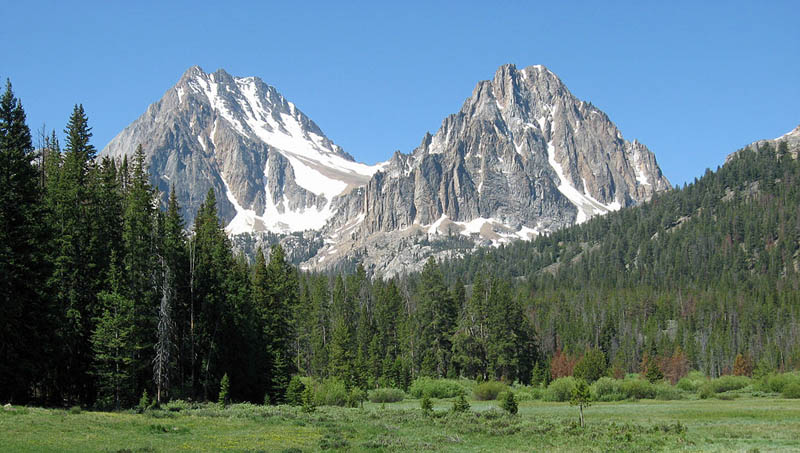
If Congress fails to act, the president can and should use the Antiquities Act to protect appropriate places for the American people. At the behest of local citizens, and after more than 10 years of community outreach and dialogue, President Obama in late May designated the Organ Mountains-Desert Peaks National Monument. This is a place where ancient cultures left their stories etched in rock, and bighorn sheep lured early Hispanic settlers to hunt in the Potrillo Mountains. Today, visitors can experience the same vistas as Billy the Kid did over a hundred years ago.

Just last month, citizens from across the nation convened in Washington, D.C., to tell lawmakers that wild places are important to our economy, job growth and to our quality of life. The occasion was Great Outdoors America Week, and it was the epitome of grassroots democracy, enabling local voices to be heard up and down the National Mall. Few other issues inspire Native Americans, retired military veterans, Latino youth, small business owners, ranchers, faith leaders and many others to agree on one thing — that wild places deserve to be protected.
Just in dollars alone, protected public lands have impact on the local level. Hunting, hiking, camping, fishing, horseback riding, wildlife watching and other outdoor recreation generate approximately $646 billion a year and create and 6.1 million jobs. Wild places protect our clean drinking water and help wildlife adapt to a changing climate.
Wilderness offers places for young people to challenge themselves. For example, Adina Scott, a member of the first team of African Americans to summit Denali, North America’s highest peak in Alaska, said that “having and taking advantage of access to wilderness shapes my values, gives me sanctuary for recreation, makes me mindful of how my actions are affecting the world as a whole, and connects me with people in a safe, non-judgmental space.”
A good example of the multiple benefits of protected public lands can be found in Southern California. Representative Judy Chu, D-Calif., recently introduced a bill to protect the San Gabriel Mountains, a popular recreation area for Southern Californians that not only provides 70 percent of the open space for Los Angeles County but also more than one-third of its drinking water.
Wild places, from parks and national forests, to monuments and wilderness, are a big part of what makes this country unique. Our country is the proud architect of the largest wilderness preservation system in the world, which celebrates its 50th birthday this year. Thanks to the foresight of the authors of the Wilderness Act, every American has a right to enjoy and play a part in protecting our natural and cultural heritage. Happy July 4th, America.
—Jamie Williams is a contributor to Writers on the Range, a syndicated opinion service of High Country News (HCN.org). He is the president of The Wilderness Society. Based in Washington, D.C., the nonprofit organization has 500,000 members nationwide.
